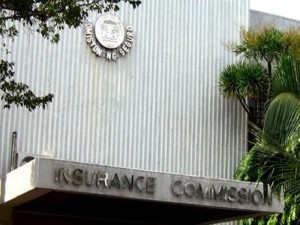A chastened central bank yesterday hinted at a more aggressive action to contain the accelerating pace of domestic price increases after the government announced yesterday that the June inflation rate rose beyond even the most pessimistic of forecasts.
In a message to reporters, Bangko Sentral ng Pilipinas Governor Nestor Espenilla Jr. described the higher-than-expected consumer price index for last month—which at 5.2 percent was a fresh high for at least the last five years—as a “setback.”
“The BSP reaffirms its strong commitment to ensure that inflation returns to within the 2-4 percent target range as soon as possible,” he said, adding that the monetary authority would “review and update its situational assessment and forecast inflation path.”
Using the most forceful antiinflation language to date, Espenilla said the outcome of the review “will shape the strength and timing of [BSP’s] next monetary policy response to firmly anchor inflation expectations.”
The BSP has, so far, hiked its key interest rate twice for a total of 50 basis points over the last two months in what many economists and bankers believe is a delayed response to local price increases that started in January of this year. Its overnight borrowing rate now stands at 3.5 percent, which is the basis on which financial institutions price their own loans to corporate and retail borrowers.
BSP officials initially said the inflation rate would normalize by next year without need of any monetary policy intervention, but made a U-turn and started raising interest rates in May after indications emerged that inflation would be worse than anticipated.
At 5.2 percent, the June inflation rate is the highest in at least five years which is the extent of data available under the government’s revised 2012 consumer price index basket of goods. The latest inflation number brings the average for the first half of the year to 4.3 percent.
Last week, the BSP’s Department of Economic Research said it expected the inflation rate to rise to as high as only 5.1 percent.
The unit—whose output guides the central bank’s Monetary Board in setting interest rate policy—said price hikes in basic goods would have been mitigated by reductions in other sectors.
“Upward price pressures from rice and other agricultural commodities due to weather-related disruptions as well as the increase in liquefied petroleum gas prices could be partly tempered by the reduction in fuel prices and electricity rates in Meralco-serviced areas,” it said.
BSP Deputy Governor Diwa Guinigundo said monetary planners expected the pace of price increases for the rest of 2018 to ease and, as such, lowered the central bank’s inflation forecast slightly from 4.6 percent down to 4.5 percent for this year.
A downward revision of the same magnitude was made for 2019’s inflation forecast, from 3.4 percent down to 3.3 percent.


